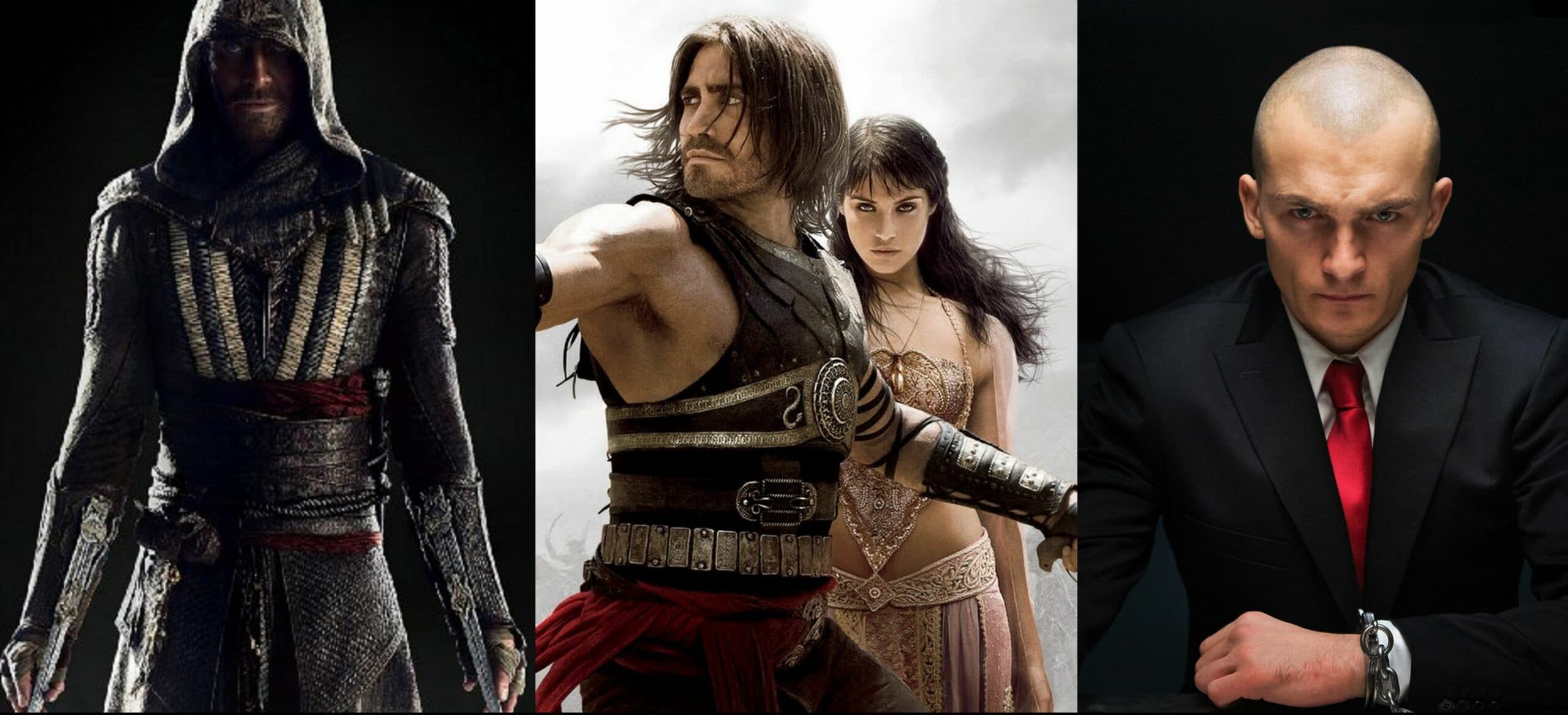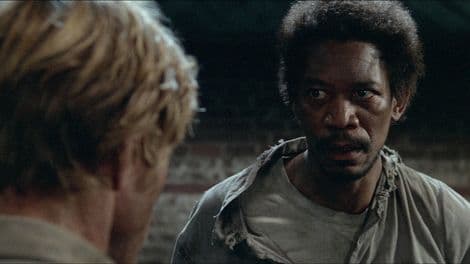Nikita: From Cold War Sleeper Cells to Pop Culture Icon
Nikita brings to mind a range of images. You may picture a cold spy or a mischievous bulldog. Surprisingly, they all connect through a web of espionage, pop culture, and a name that means "victor." Let's explore this mix.
Little Nikita: Teenage Sleeper Shock
We start with "Little Nikita," a film from 1988. It introduces a teen twist to the spy thriller genre. Imagine being a normal American high school student. You worry about homework and awkward dates. Then you discover your parents are deep-cover Soviet sleeper agents. What a shock!
That’s what happens to Jeff Grant, played by River Phoenix. Jeff's life turns upside down when FBI agent Roy Parmenter, portrayed by Sidney Poitier, enters. Parmenter isn’t there to chat about college. He’s on a complex mission.
Agent Roy Parmenter: The Hunter with a History
Parmenter stands out as an FBI agent. He has a personal vendetta against Scuba, a nasty Russian spy played by Richard Lynch. This rivalry is more than just professional. It’s personal.
Scuba: Blackmailing the Kremlin, One Sleeper Agent at a Time
Scuba is not an ordinary bad guy. He’s blackmailing the Soviet government. His method? Hunting down and assassinating sleeper agents in America. These are real people with families. In Jeff's case, his parents pretend to sell travel insurance instead of revealing their true identities.
Jeff Grant: Collateral Damage or Key Player?
Poor Jeff. One day, it’s algebra tests. The next, he’s in a crossfire between the FBI and a Russian assassin. Parmenter uncovers Jeff's parents’ secret lives as sleeper agents. This revelation is seismic for Jeff. Suddenly, they are part of a global espionage machine.
Parmenter’s position becomes precarious. He must track down Scuba, stop the assassinations, and protect Jeff and his exposed parents. It’s an international intrigue balancing act blended with paternal instincts.
From Film to TV: Navigating the Nikita-verse
La Femme Nikita: The French Film That Started It All
Go back to 1990. Luc Besson creates the stylish film La Femme Nikita. Here, the modern Nikita emerges. Gone are the suburban conspiracies; this is gritty and personal. It centers on Nikita, a troubled young woman thrust into espionage.
This film,
"Little Nikita" covers sleeper agents. "La Femme Nikita" explores government-sanctioned assassins and the struggle to retain humanity while killing. It shifts from geopolitical tension to character-driven narratives full of action.
River Phoenix: A Bright Star Gone Too Soon
In "Little Nikita," River Phoenix shines. He brings depth and vulnerability rarely seen. He doesn't just play a confused teen; he embodies a reality being shattered.
Phoenix had a meteoric career that ended too early. He starred in "Explorers" (1985) and "Stand by Me" (1986), showcasing his extraordinary talent. He conveyed complex emotions that resonated with audiences deeply.
Tragically, Phoenix died in 1993 at age 23 from drug-induced heart failure. His death shocked Hollywood. Friends like Samantha Mathis felt profound loss.
Phoenix worried about his personal struggles affecting his career. Sadly, they did. He hid his addictions, fearing they would derail his bright future, especially his relationships. Fame and personal demons weighed heavily.
In "Little Nikita," his performance elevates the film. He reminds us of the immense talent we lost too soon.
Spy Games: Cold War Echoes and Modern Relevance
The backdrop of "Little Nikita" reflects lingering Cold War shadows. It captures anxieties over Russian espionage in America. Even today, this theme remains valid.
Russian espionage is not just historical; it continues. By 2007, Russian spy activity reached Cold War levels again. Tactics and players have changed, but the game persists: gathering intelligence and eliminating threats.
Agencies like the KGB and its modern successors have long histories of espionage. The CIA has operated clandestinely for decades. The Cold War ended, but spying remains hidden.
Real-life spy stories blur fiction's lines. Take Jim Olson, an American spy in Moscow during the late 1970s. It was a high-stakes CIA station with immense pressure, where betrayal lurked. These tales lend chilling authenticity to films like "Little Nikita."
Nikita: From Death Row to Super Spy (TV Series Edition)
Now, let’s shift to the TV series "Nikita," which aired in 2010. This Nikita differs vastly from the suburb teen of "Little Nikita." Here, she’s a skilled operative seeking redemption.
Recruitment and Rebirth: Division's Project Nikita
The TV Nikita’s story begins very differently from Jeff Grant's. She gets recruited by a secret group called Division. Facing execution for a teenage crime, Division offers her a second chance hidden in violence.
They fake Nikita’s death, erasing her past and transforming her into a weapon. They promise her a new...
Life serving her country is complex. She's a trained assassin, a ghost. She carries out covert operations with precision. It's a tale of redemption through service. The morally ambiguous world of espionage twists this story.
Humanity in the Shadows: Nikita's Inner Struggle
Nikita's training and missions are brutal. Despite this, she holds on to her humanity. Through her transformation, she keeps her moral compass intact. This conflict drives the series. She's a killer but also struggles with her conscience. She wants justice and a normal life.
Love and Loyalty: Nikita's Relationships
Nikita's relationships are complex. Her bond with Michael Bishop is central. It starts as a mentor-student relationship. It evolves into a romantic partnership. In the series finale, they marry and move to Ecuador. They continue their fight for justice on their own terms. Their bond is tested, but respect and shared values hold them together.
Another significant relationship is with Alex, a young woman Nikita trains. Their bond is sisterly, formed through trauma and a common enemy: Division. These connections give Nikita purpose in a world trying to erase her humanity. They remind her what she fights for.
Family Secrets: Unpacking Nikita's Past
Nikita's biological family mostly stays in the shadows. The series introduces Richard Ellison, a father figure. He is not her biological father. This adds complexity to her identity. Her past hints at hardship and instability leading her down a dark path.
We learn about Nikita piece by piece. She struggles with abandonment and neglect. She recalls running away, using drugs, and ending up on death row for killing a cop. But the series twists this story. Instead of execution, Division recruits her. She gets a second chance as a government assassin. Her journey is about reclaiming her life.
Nikita's Ending: Freedom, Marriage, and Ecuadorian Missions
The "Nikita" TV series ran for four seasons. It carved a dedicated fanbase despite not being a massive hit. The series gives Nikita and her allies a satisfying ending. After years fighting Division, she finds peace. In a dramatic showdown, she faces Amanda, who manipulated her struggles. Nikita reveals she faked the deaths of her fellow operatives to expose Amanda’s treachery. This highlights her growth and cleverness.
The series showcases harsh realities. Percy, the former head of Division, meets his end at her hands. He attempts to escape justice but fails. Roan, a formidable foe, is neutralized by Alex before a catastrophic plutonium attack. These actions show the high stakes of their choices.
The finale features Nikita and Michael's wedding and their move to Ecuador. This is not just a happy ending. It’s a new beginning. They choose to fight for justice independently. They aim to use their skills to make a difference in a new place. This reflects their enduring commitment to their ideals.
The Meaning of Nikita: Victorious and Unconquered
The name "Nikita" holds powerful meaning relevant to the characters. It comes from the Russian name Ники́та (Nikita [njɪˈkjitə]). It translates to "victor" or "unconquered." This suits the resilience of both the characters and the series themes.
Jeff Grant confronts truths about his parents. Nikita overcomes her past while fighting for justice. The name embodies perseverance and triumph. Nikita achieves victories over Division and her demons. Her spirit remains unbroken despite immense opposition.
While there are mentions of name variations in different cultures, specifics are scarce. Yet, "victor" transcends cultural boundaries. Thus, "Nikita" resonates with strength and resilience across languages.
Little Nicky: A Hell of a Different Nikita
Now for a tonal shift. "Little Nicky," a 2000 comedy, offers a curveball. This isn’t about spies or assassins; it’s about Satan's son and a talking bulldog named Mr. Beefy.
Filmed in Central Park, "Little Nicky" stars Adam Sandler as Nicky, one of Satan's sons. It contrasts sharply with the gritty realism of "Nikita." This is pure Sandler comedy, filled with quirky characters and absurd moments.
The film features a bizarre cameo from Ozzy Osbourne. He plays himself, summoned by Nicky to bite the head off a bat. Yes, it’s that kind of movie.
Mr. Beefy is voiced by Blake Clark. He is a bulldog from Hell and Nicky's pet. The character serves as comic relief and offers loyalty in this hellish comedy.
"Little Nicky" shows the name "Nikita" in popular culture's absurdist context. From serious espionage tales to comedies, "Nikita" fits various genres.
Wait, Nikita's Patch? A Curious Detour
A point mentions "Nikita's patch on his arm." This references Nikita Kuzmin, a dancer from "Strictly Come Dancing." He revealed a glucose monitor on his arm recently. While curious, this detail seems an unrelated tangent in our exploration.
So there you have it. From Cold War agents to film noir heroines, from TV spies to comedies, "Nikita" spans pop culture's landscape. It embodies strength, resilience, and elements of surprise. One name encompasses so much.












Responses (0 )